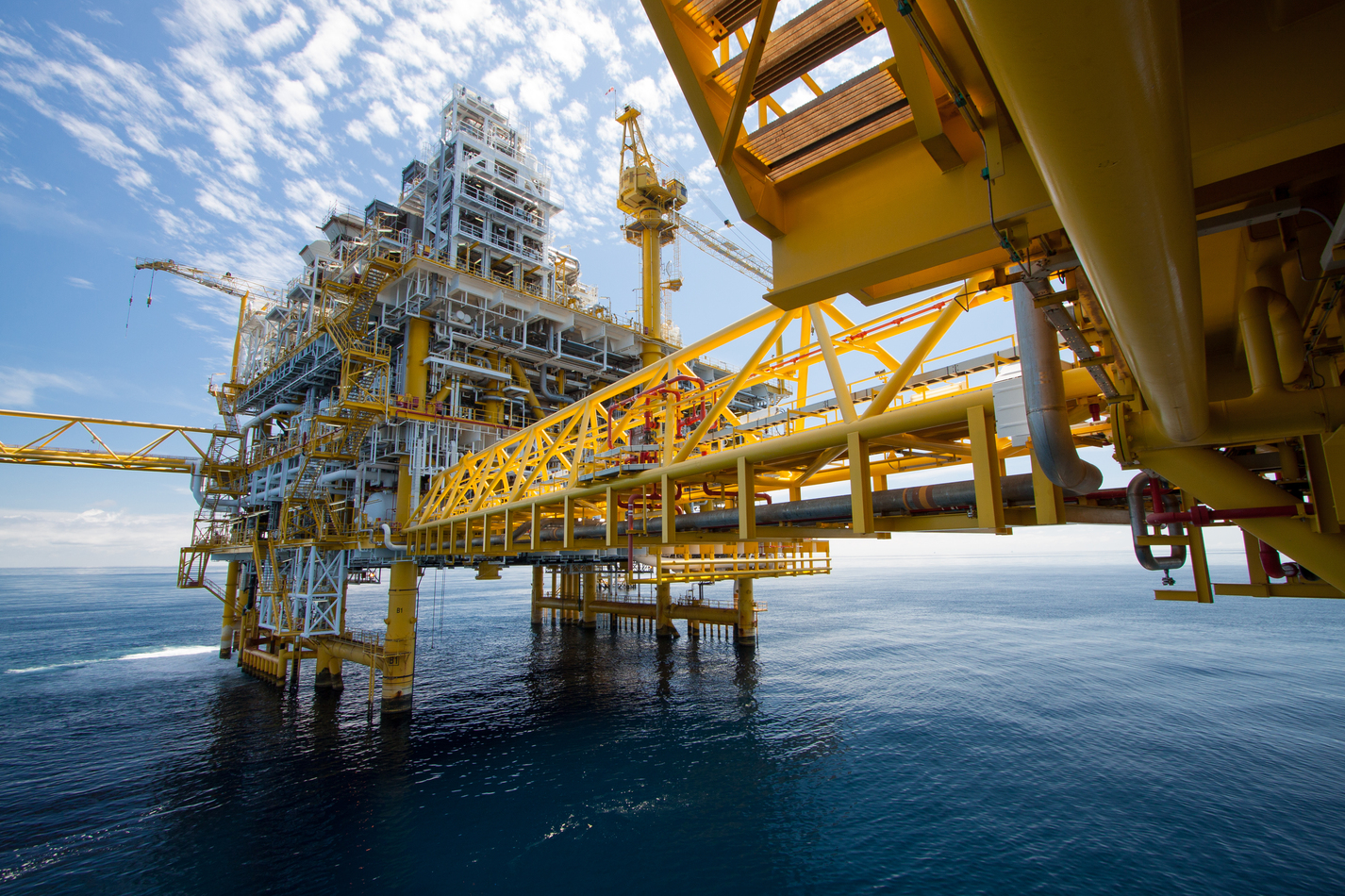Russia’s economy is not particularly large, adding up to about $1.5 trillion, vacillating with the unstable ruble. It is highly vulnerable because Russia lives on commodities exports that are difficult to transport and are now subject to Western sanctions. The majority of its exports are commodities, especially when petroleum prices are high. Its total export revenues fluctuate with the oil and gas prices from a paltry $382 billion in 2020 to $628 billion in 2022.
Russia has already lost almost all of its 150 billion cubic meters of gas exports to Europe, worth $60-70 billion a year, because of sheer arrogance, proving itself an unreliable supplier. Russia has failed to diversify its gas exports. The dominant gas pipelines go to Europe, and Russia produces little liquefied natural gas (LNG). Only 30 billion cubic meters are exported to China by pipeline. Russia has blown up the gas pipelines from Turkmenistan before, losing its energy appeal in Central Asia. In 2023, Gazprom cut its production sharply, and it cannot be restored easily. Domestic gas sales remain heavily subsidized, so Gazprom may actually go bankrupt. The West has defeated Russia’s gas industry, so it needs to focus on its oil exports instead.
Russia’s oil sector is much more important and professionally managed. Oil has traditionally accounted for more than half of Russia’s total exports. The West and Ukraine should focus on minimizing Russia’s oil export revenues. In late 2022, the West imposed a price cap on Russian oil. It worked well during the first half of 2023, but then the prices rose. The U.S. government has successfully traced sanctions breakers and sanctioned many of them with increasing efficacy. Russia’s export revenues are projected to stop at $460 billion from $628 billion in 2022, but the West needs to go further.
An additional Russian weakness is that commodity exports require cheap transportation, which means shipping or pipelines, and Russia has limited access to the seas. Ninety percent of Russia’s oil exports go through two seas, the shallow Baltic Sea and the Black Sea. In response to Western sanctions, most of it is now being shipped by a shadow fleet of old, substandard tankers with poor or no insurance. Such tankers should not be permitted in these waters for fear of environmental catastrophe.
The Baltic Sea is surrounded by NATO and EU members who care about the environment, and the Russian shadow fleet is arguably the greatest current threat to its health. They should prohibit this danger in the Baltic Sea. This could be done at two choke points, the narrow and shallow Öresund or the narrow Gulf of Finland, where Finland and Estonia can impose some standards. The European Union needs to show some geopolitical muscle.
All Russian oil exports from the Black Sea have to pass through Istanbul and the narrow Bosphorus. How can Turkey, which imposes sound environmental restrictions on the Bosphorus, allow substandard oil tankers to pass through? It is high time to stop them all!
Recently, Ukraine has initiated the bombing of the oil refineries and export ports. By insisting on being independent of transit countries—and maltreating them, Russia has made itself vulnerable to Ukrainian retaliation. Given that Russia has attacked Ukraine’s oil refineries, it would only be fair for Ukraine to return the favor.
Ukraine can bomb Russian facilities so well because it has developed outstanding production of multiple types of drones during the war. The best and the brightest Ukrainians are now producing drones.
Ukraine has so far bombed one of the three major oil ports around St. Petersburg and one in Tuapse near Novorossiisk. It has also set fire to numerous oil depots around Russia. Next, one would expect Ukraine to hit more refineries, depots, and export ports. After that, Ukraine can proceed upstream and bomb important oil facilities and junctures, which are not as easily repaired as pipelines. In parallel, the West should prohibit Western oil service companies from working in Russia, notably Schlumberger, that continues working there.
But doesn’t the world need Russian oil? Not really. Currently, the global oil market is experiencing a glut. Prices are trending downward despite Saudi and Russian attempts to cut production. The United States has fully compensated for its cuts. It is currently producing more oil than any country has ever done, 13.2 million barrels a day, and it can easily increase production much further if the Biden administration reverses last week’s LNG export pause. Several other non-OPEC countries have also increased their production. This is the right time to hit Russian oil exports.

The Western aim should advance from eliminating Russia’s gas export and cutting the price of its oil exports to eliminating Russia’s exports of oil and petroleum products, which amounted to roughly $230 billion in 2021. Since approximately half of Russia’s total exports consist of oil, effective oil sanctions and Ukrainian bombing could slash off a significant chunk of total exports—$628 billion in 2022 and $460 billion in 2023. Then, Russia will be forced to its knees and have no choice but to restrict its military expenditures.
About the Author
Anders Åslund is a senior fellow at the Stockholm Free World Forum. A leading specialist on the East European economies, he has authored sixteen books. He has advised the Russian and Ukrainian governments and earned his D.Phil. from Oxford University.
Images: Shutterstock.